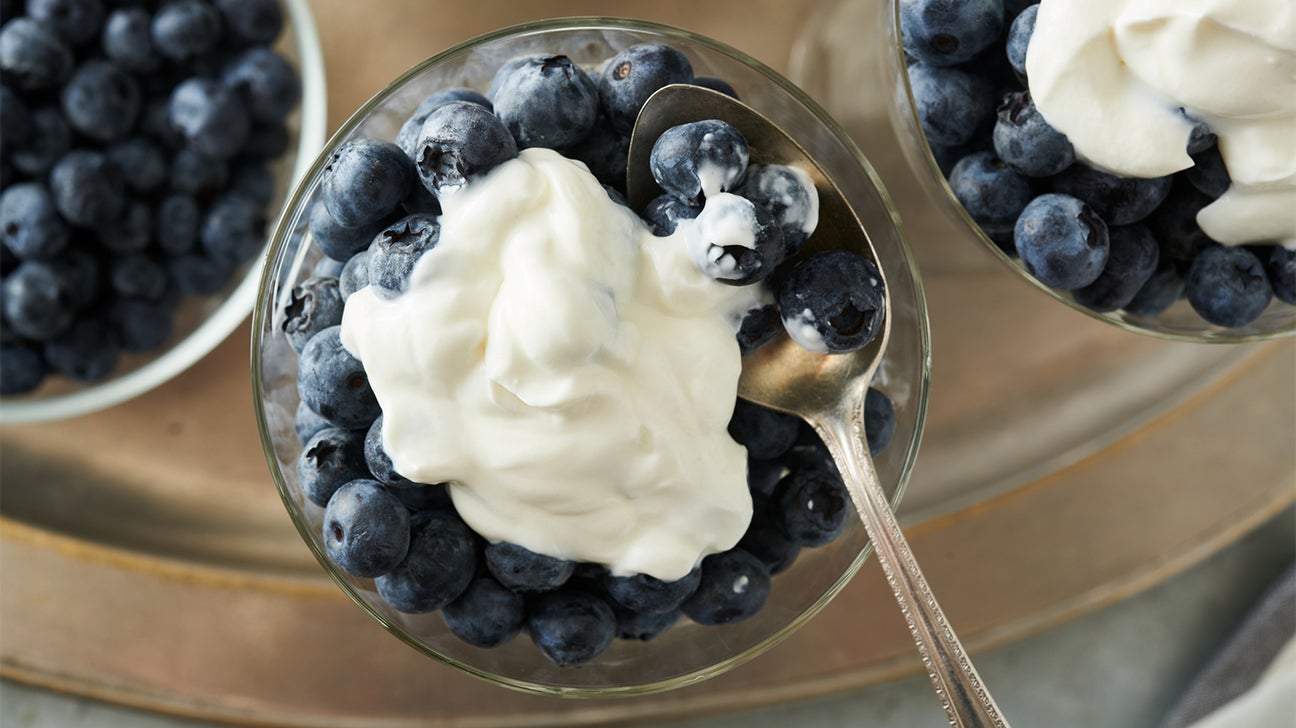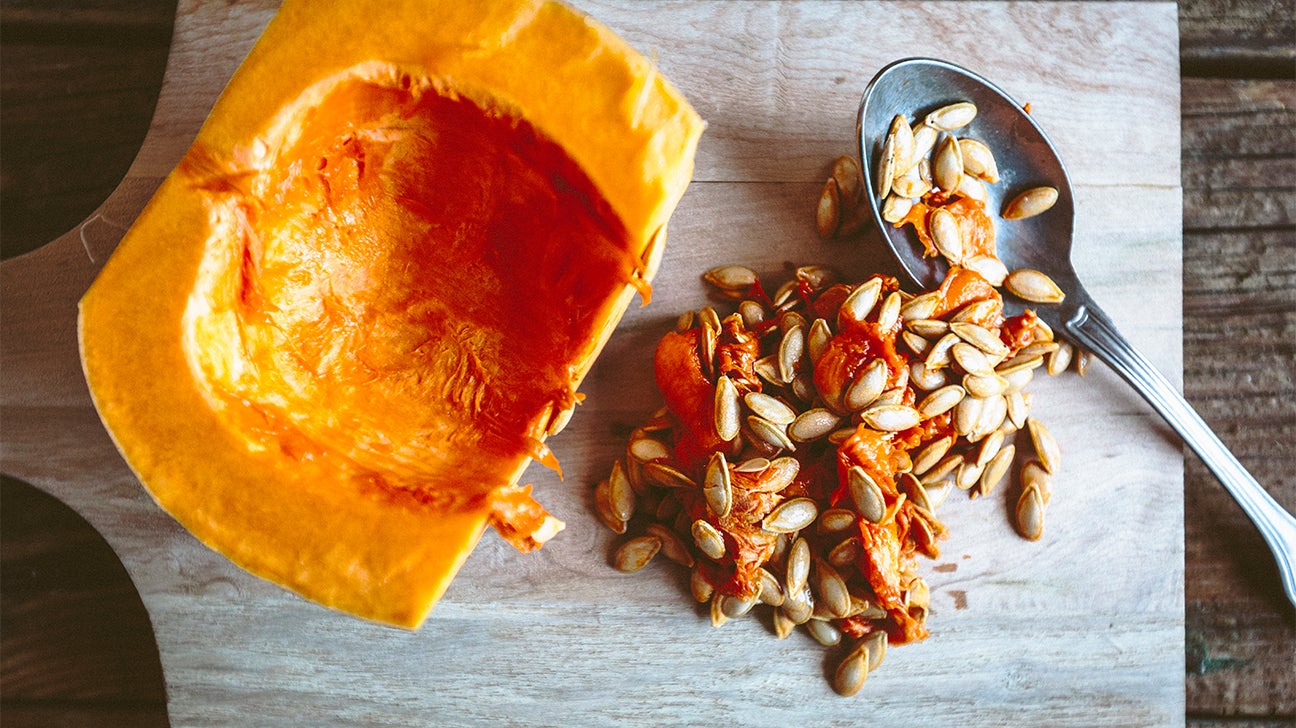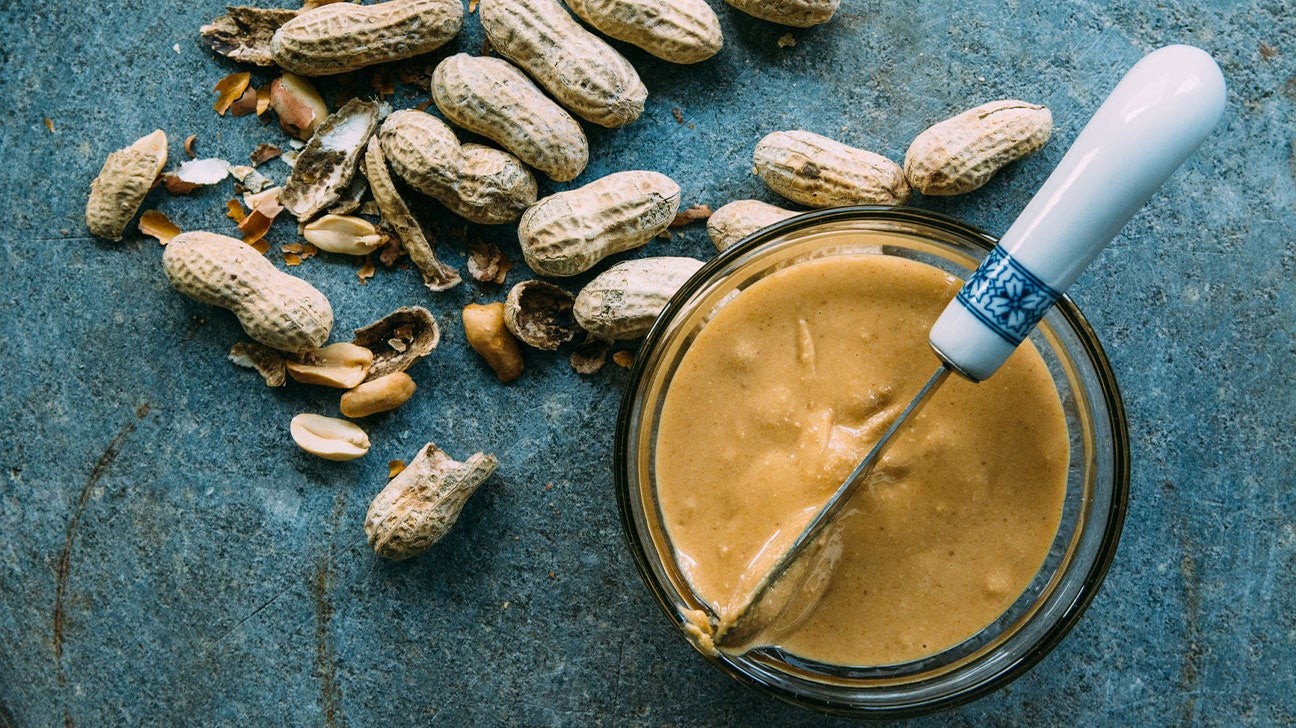16 Delicious High Protein Foods

What we think of as “protein” is actually a large category of molecules. They give structure and support to your cells and are necessary for immune function, movement, chemical reactions, hormone synthesis, and more (1Trusted Source).
They’re all made up of tiny building blocks called amino acids. Nine of these are considered essential, meaning your body needs them but can’t make them on its own, so you need to get them in your diet (2Trusted Source).
How much protein you need to consume per day depends on factors like your:
- body size
- activity levels
- age
- pregnancy status
Some people need more protein than others. However, it’s important that everyone get optimal amounts of protein for them by eating protein-rich foods regularly.
Not only is protein essential for your health, but it’s also the most filling macronutrient. Consuming it can keep you feeling full and satisfied, which supports a healthy body weight (3Trusted Source).
The current recommended dietary allowance (RDA) for protein is set at 0.36 grams of protein per pound of your body weight (0.8 grams per kg). Keep in mind that this reflects the minimum amount of protein required to meet your body’s needs (4Trusted Source).
However, most active people, older adults, and people who are pregnant or breastfeeding require much more than that.
For example, experts suggest that physically active people need 0.54–0.9 grams of protein per pound of body weight (1.2–2 grams per kg) per day (4Trusted Source).
Fortunately, hitting your protein requirements can be easy if you include plenty of protein-rich foods in your diet.
Here are 16 delicious foods that are high in protein.
1. Eggs
Whole eggs are among the most nutritious foods available.
They’re a good source of protein that’s easy to absorb, and they’re also an excellent source of vitamins, minerals, healthy fats, and antioxidants.
For example, whole eggs are packed with selenium and vitamins B12 and A. They’re also rich in choline, a nutrient that’s especially important during pregnancy and breastfeeding because it plays critical roles in growth and development (5).
Keep in mind that egg whites are almost pure protein, but whole eggs that include the yolk provide many more nutrients, including vitamins, minerals, antioxidants, and healthy fats.
If you’re concerned about the cholesterol in egg yolks, it’s important to note that lots of research has debunked the idea that they’re bad for you.
On the contrary, many studies have shown that whole eggs are incredibly healthy for most people and may actually help prevent chronic diseases (6). write this topic
Protein content
One large egg (50 grams) provides 6.3 grams of protein (5Trusted Source).
2. Almonds
Almonds are a highly nutritious nut that are packed with a variety of essential vitamins, minerals, and healthy fats.
In particular, almonds are a great source of protein, fiber, vitamin E, magnesium, and healthy unsaturated fats, such as omega-3 fatty acids.
In addition to their impressive nutrient profile, almonds are also associated with several health benefits. For example, they may help lower cholesterol levels, reduce inflammation, and improve heart health ( 1 )
Furthermore, almonds are a great snack option for people who are trying to lose weight, as they can help keep you feeling full and satisfied for longer periods of time.
Overall, adding almonds to your diet is an easy way to boost your nutrient intake and potentially improve your overall health.
Protein content
One ounce (28.35 grams) of almonds provides 6 grams of protein (7Trusted Source).
Other high protein nuts include pistachios, which deliver 5.73 grams per 1-ounce (28.35 gram) serving and cashews, which contain 4.34 grams of protein per 1-ounce (28.35-gram) serving (8Trusted Source, 9Trusted Source).
3. Chicken breast
Chicken breast is a highly nutritious protein source that can provide a variety of essential nutrients that are beneficial for overall health.( 10 )
Chicken breast is a particularly good source of high-quality protein, which is important for maintaining and building muscle mass, as well as supporting a healthy immune system.
In addition to protein, chicken breast is also a good source of several important vitamins and minerals, including vitamin B6, phosphorus, and niacin.
Moreover, chicken breast is a lean meat, meaning it contains relatively little fat compared to other types of meat. This makes it a great option for people who are trying to manage their weight or maintain a healthy diet.
Overall, incorporating chicken breast into your diet can provide a wide range of important nutrients that can support good health and well-being. However, it's important to cook chicken properly to reduce the risk of foodborne illness.
Protein content
One half of a chicken breast (86 grams) provides 26.7 grams of protein (10Trusted Source).
4. Cottage cheese
Cottage cheese is a type of fresh cheese that is known for its high protein and low-fat content, making it a popular food among fitness enthusiasts and health-conscious individuals.
In addition to being a great source of protein, cottage cheese also contains several other important nutrients, including calcium, phosphorus, and selenium.
Calcium, in particular, is essential for strong bones and teeth, and many people struggle to get enough of this mineral in their diets. Cottage cheese is a great way to boost your calcium intake, especially if you're not a fan of dairy products like milk or yogurt.
Cottage cheese is also a good source of other important nutrients, including vitamin B12, which is important for healthy brain function, and riboflavin, which is necessary for energy production.
Furthermore, cottage cheese is a versatile food that can be eaten on its own or used in a variety of recipes, from smoothies to savory dishes like lasagna and enchiladas.
Overall, cottage cheese is a nutritious and delicious food that can provide a wide range of essential nutrients that are important for good health and well-being.
Protein content
One cup (226 grams) of cottage cheese provides 28 grams of protein (11Trusted Source).
Other high protein cheeses include cheddar cheese, which provides 3.96 grams of protein per 17-gram slice, and mozzarella, which provides 6.29 grams of protein per 1 ounce (28.35 grams) (12Trusted Source, 13Trusted Source).
5. Greek yogurt
Greek yogurt is a thick and creamy yogurt that is known for its high protein content and tangy flavor. It's made by straining regular yogurt to remove the liquid whey, resulting in a thicker and more concentrated product.
One of the main benefits of Greek yogurt is its high protein content. It's a great source of complete protein, meaning it contains all nine essential amino acids that the body needs to function properly. This makes it a popular food among athletes and people who are trying to build or maintain muscle mass.
Greek yogurt is also a good source of several important nutrients, including calcium, vitamin B12, and probiotics. Probiotics are live bacteria that can help promote a healthy gut microbiome and improve digestive health.
In addition to its impressive nutrient profile, Greek yogurt is also a versatile food that can be used in a variety of recipes, from breakfast bowls and smoothies to dips and sauces.
It's important to note that not all Greek yogurt is created equal, and some brands may contain added sugars or artificial ingredients. When choosing Greek yogurt, it's best to look for plain varieties with minimal added ingredients.
Overall, Greek yogurt is a nutritious and delicious food that can provide a variety of important nutrients and health benefits, especially when consumed as part of a balanced diet.
Protein content
One 7-ounce (200-gram) container provides 19.9 grams (14Trusted Source).
Other yogurt products that are high in protein include unsweetened low fat yogurt, which provides 11.9 grams of protein per 8-ounce (227-gram) container, and kefir, which provides 9.21 grams of protein per 1 cup (243 mL) (15Trusted Source, 16Trusted Source).
6. Milk
Milk is a highly nutritious beverage that is packed with a variety of essential nutrients that are important for overall health and well-being.
One of the main nutrients in milk is calcium, which is essential for strong bones and teeth. Milk is also a good source of several other important vitamins and minerals, including vitamin D, vitamin B12, and potassium.
In addition to its nutrient content, milk is also a good source of high-quality protein, which is important for maintaining and building muscle mass. It also contains healthy fats, including omega-3 fatty acids, which have been linked to a variety of health benefits, such as reduced inflammation and improved heart health.
Furthermore, milk is a versatile food that can be used in a variety of recipes, from smoothies and cereal to soups and sauces.
However, it's important to note that some people may be lactose intolerant or have an allergy to milk protein. In these cases, alternative milk options such as soy milk, almond milk, or oat milk can be a good substitute.
Overall, milk is a nutritious and delicious beverage that can provide a variety of important nutrients and health benefits, especially when consumed as part of a balanced diet.
Protein content
One cup (246 mL) of dairy milk provides 8.32 grams of protein (17Trusted Source).
7. Lentils(Daal)
Lentils are a type of legume that are packed with a variety of important nutrients and health benefits.
One of the main benefits of lentils is their high protein content. They are a great source of plant-based protein, making them a popular food among vegetarians and vegans. Lentils also contain complex carbohydrates, fiber, and a variety of important vitamins and minerals, including folate, iron, and potassium.
In addition to their nutrient content, lentils are also a good source of antioxidants, which can help protect against cell damage and lower the risk of chronic diseases.
Furthermore, lentils are a versatile food that can be used in a variety of recipes, from soups and stews to salads and veggie burgers.
It's important to note that lentils should be cooked properly to reduce the risk of digestive discomfort. Soaking them before cooking can also help improve their digestibility.
Overall, lentils are a nutritious and delicious food that can provide a wide range of essential nutrients and health benefits, especially when consumed as part of a balanced diet.
Protein content
One hundred grams (about 1/2 cup) of cooked lentils provides 9.02 grams of protein (19Trusted Source).
Other high protein legumes include chickpeas, which provide 7.05 grams of protein per 100 grams cooked, and black beans, which provide 8.86 grams of protein 100 grams cooked (22Trusted Source, 23Trusted Source).
8. Pumpkin seeds
Pumpkin seeds are a nutrient-dense food that are packed with a variety of important nutrients and health benefits.
One of the main benefits of pumpkin seeds is their high content of magnesium, which is an essential mineral that plays a critical role in many bodily functions, including blood pressure regulation and bone health. They are also a good source of protein, healthy fats, fiber, and antioxidants.
In addition to their nutrient content, pumpkin seeds are also rich in zinc, which is important for immune system function and wound healing. They also contain plant compounds called phytosterols, which may help lower cholesterol levels and reduce the risk of heart disease.
Furthermore, pumpkin seeds are a versatile food that can be eaten raw, roasted, or added to salads, soups, and other dishes. They can also be ground into a powder and used as a nutrient-rich addition to smoothies and other recipes.
It's important to note that pumpkin seeds should be consumed in moderation, as they are high in calories and can contribute to weight gain if consumed in excess.
Overall, pumpkin seeds are a nutritious and delicious food that can provide a wide range of essential nutrients and health benefits, especially when consumed as part of a balanced diet.
Protein content
A 1/4 cup (29.5 grams) of pumpkin seeds provides 8.8 grams of protein (37Trusted Source).
Other high protein seeds include sunflower seeds, which provide 7.25 grams per 1/4-cup (35-gram) serving, and flax seeds, which provide 7.5 grams of protein per 1/4-cup (42-gram) serving (38Trusted Source, 39Trusted Source).9. Fish
Fish is a highly nutritious food that is rich in essential nutrients and has been linked to a variety of health benefits.
One of the main benefits of fish is its high content of omega-3 fatty acids, which are essential fats that the body cannot produce on its own. These fatty acids have been linked to improved heart health, reduced inflammation, and improved brain function.
In addition to omega-3 fatty acids, fish is also a great source of high-quality protein. It is also rich in vitamin D, vitamin B12, and selenium, all of which are important for maintaining overall health.
Furthermore, fish is a versatile food that can be prepared in a variety of ways, including grilling, baking, and frying. It can also be paired with a variety of seasonings and sauces to add flavor and variety to meals.
However, it's important to note that some types of fish may contain high levels of mercury or other contaminants, which can be harmful to health. Pregnant women, nursing mothers, and young children should be particularly cautious when consuming fish and should choose low-mercury options such as salmon, sardines, and trout.
Protein content
All types of fish are high in protein. For example, half a salmon fillet (124 grams) provides 30.5 grams of protein, while a cod fillet (180 grams) provides 41 grams of protein (30Trusted Source, 31Trusted Source).
9. Mung been
Mung beans are a type of legume that are commonly used in Asian cuisine and are becoming increasingly popular in other parts of the world due to their impressive nutritional profile and potential health benefits.
One of the main benefits of mung beans is their high protein content, making them a great source of plant-based protein. They also contain complex carbohydrates, fiber, and a variety of important vitamins and minerals, including folate, iron, and potassium.
In addition to their nutrient content, mung beans are also a good source of antioxidants, which can help protect against cell damage and lower the risk of chronic diseases. They are also known for their anti-inflammatory properties and may help lower cholesterol levels and improve blood sugar control.
Furthermore, mung beans are a versatile food that can be used in a variety of recipes, from soups and curries to salads and veggie burgers.
It's important to note that mung beans should be cooked properly to reduce the risk of digestive discomfort. Soaking them before cooking can also help improve their digestibility.
Protein content
A 1-ounce (28.35-gram) serving of mung beans provides 3 grams of
protein, while a 1/2 cup (100-gram) serving of cooked mung beans
provides 7 grams of protein (1Trusted Source, 2Trusted Source). Mung
beans are also a good source of fiber, vitamins, and minerals, making
them a nutritious addition to a balanced diet.
11. Peanuts and peanut butter
Peanuts and peanut butter are popular foods that are rich in nutrients and health benefits.
One of the main benefits of peanuts and peanut butter is their high content of protein and healthy fats. They are also rich in fiber, vitamins, and minerals, including vitamin E, magnesium, and potassium.
Furthermore, peanuts and peanut butter are a great source of plant-based protein, making them an excellent food choice for vegetarians and vegans. They are also a good source of antioxidants, which can help protect against cell damage and lower the risk of chronic diseases.
In addition, consuming peanuts and peanut butter has been linked to improved heart health. The healthy fats they contain can help lower LDL ("bad") cholesterol levels, while the fiber content can help reduce the risk of heart disease.
However, it's important to note that peanuts and peanut butter are high in calories, so they should be consumed in moderation as part of a balanced diet. Additionally, some people may have peanut allergies, which can be severe, so it's important to be aware of this risk before consuming peanuts or peanut butter.
Protein content
A
1-ounce (28.35-gram) serving of peanuts provides 7.31 grams of protein,
while a 2-tablespoon (32-gram) serving of smooth peanut butter provides
7.2 grams of protein (42Trusted Source, 44Trusted Source).
12. Quinoa
Quinoa is a highly nutritious grain-like seed that has become increasingly popular in recent years.
One of the main benefits of quinoa is its high protein content. It is one of the few plant-based foods that provides all nine essential amino acids, making it a complete protein source. It's also rich in fiber, vitamins, and minerals, including magnesium, potassium, and iron.
Additionally, quinoa is gluten-free, making it a good alternative for those with celiac disease or gluten intolerance. It's also a low glycemic index food, which means it won't cause spikes in blood sugar levels like some other grains can.
Furthermore, consuming quinoa has been linked to a range of health benefits, including improved heart health, better digestion, and reduced inflammation. Its high fiber content can help reduce the risk of heart disease and improve digestive function, while its antioxidant properties can help protect against cell damage and lower the risk of chronic diseases.
13. Kidney Beans (Rajma)
Kidney beans, also known as rajma, are a type of legume that is widely used in many cuisines around the world. They are a good source of protein, fiber, and a variety of vitamins and minerals.
One of the main benefits of kidney beans is their high protein content. A 1-cup (177-gram) serving of cooked kidney beans provides around 15 grams of protein, making them a good plant-based protein source for vegetarians and vegans. They are also rich in fiber, with a 1-cup serving providing around 11 grams of fiber.
Furthermore, kidney beans are a good source of folate, iron, magnesium, and potassium. These nutrients play important roles in many bodily functions, including red blood cell formation, muscle function, and nerve function.
Consuming kidney beans has been linked to a range of health benefits, including improved heart health, better blood sugar control, and reduced inflammation. The high fiber content in kidney beans can help lower cholesterol levels and reduce the risk of heart disease, while their low glycemic index can help regulate blood sugar levels.
Protein content
A 1-cup (177-gram) serving of cooked kidney beans provides around 15 grams of protein, making them a good plant-based protein source for vegetarians and vegans. Kidney beans are also low in fat and high in fiber, which makes them a great addition to a healthy diet. Additionally, kidney beans are a good source of essential minerals such as iron, magnesium, and potassium, which are important for many bodily functions including muscle function, nerve function, and bone health. Overall, kidney beans are a nutritious and versatile food that can be used in a variety of dishes, including stews, salads, and dips.14.Green peas(Matar)
Green peas, also known as matar, are a type of legume that are commonly consumed around the world. They are a good source of protein, fiber, and a variety of vitamins and minerals.
One of the main benefits of green peas is their high fiber content. A 1-cup (160-gram) serving of cooked green peas provides around 9 grams of fiber, which is almost 40% of the daily recommended intake. They are also a good source of plant-based protein, with a 1-cup serving providing around 8 grams of protein.
Furthermore, green peas are a good source of vitamin C, vitamin K, and folate. Vitamin C is an important antioxidant that helps protect against cell damage, while vitamin K is important for bone health and blood clotting. Folate is important for the formation of red blood cells and DNA synthesis.
Consuming green peas has been linked to a range of health benefits, including improved digestion, better heart health, and reduced inflammation. The high fiber content in green peas can help promote regular bowel movements and reduce the risk of heart disease, while their antioxidant properties can help protect against cell damage and lower the risk of chronic diseases.
Overall, green peas are a nutritious and versatile food that can be used in a variety of dishes, including soups, salads, and stir-fries. They are a good source of plant-based protein and provide a range of essential nutrients and health benefits.
Protein content
A 1-cup (160-gram) serving of cooked green peas provides around 8 grams of protein, making them a good source of plant-based protein. They are also a good source of fiber and essential nutrients like vitamin C, vitamin K, and folate. Green peas have been linked to various health benefits, including better heart health and improved digestion. 15. Protein powders
When you’re pressed for time and unable to prepare a meal, protein powder can come in handy.
You can easily add protein powders like whey and pea protein to shakes, smoothies, energy balls, yogurt, and more to increase the protein and fullness factor.
There’s a protein powder for nearly every taste preference and dietary restriction.
Pea protein and whey protein are both excellent choices for those looking for a convenient way to increase their protein intake.
Protein content
Whey protein powder provides about 16.6 grams of protein per scoop (28.6 grams), while pea protein provides 15 grams of protein per scoop (20 grams) (34Trusted Source, 35Trusted Source).
Note that the protein content per scoop differs between products, even when the scoop size is the same. Check the label of the products you’re interested in for their specific protein content.
16. Turkey breast
Turkey breast is similar to chicken breast in many ways.
It consists mostly of protein, with very little fat and a low number of calories. It’s also high in a number of vitamins and minerals, including selenium, zinc, and vitamins B12 and B6 (40Trusted Source).
Turkey breast is delicious on salads and sandwiches, and you can also add it to soups and grain dishes to increase the protein content of your meals.
Protein content
A 3-ounce (85-gram) serving of turkey provides 25.6 grams of protein (40Trusted Source).
The bottom line
Getting enough protein on a daily basis is essential for health.
People’s protein needs vary. However, experts recommend most active people consume 0.54–0.9 grams of protein per pound of their body weight (1.2–2 grams per kg) per day (4Trusted Source).
Fortunately, there are many high protein foods to choose from, including animal and plant-based sources.
Try adding a few of the high protein foods on this list into your diet to help meet your daily needs.
How we reviewed this article:
Our experts continually monitor the health and wellness space, and we update our articles when new information becomes available.
Current Version
Dec 12, 2022
Written By
Rifti smith






1 Comments
hi there
ReplyDelete